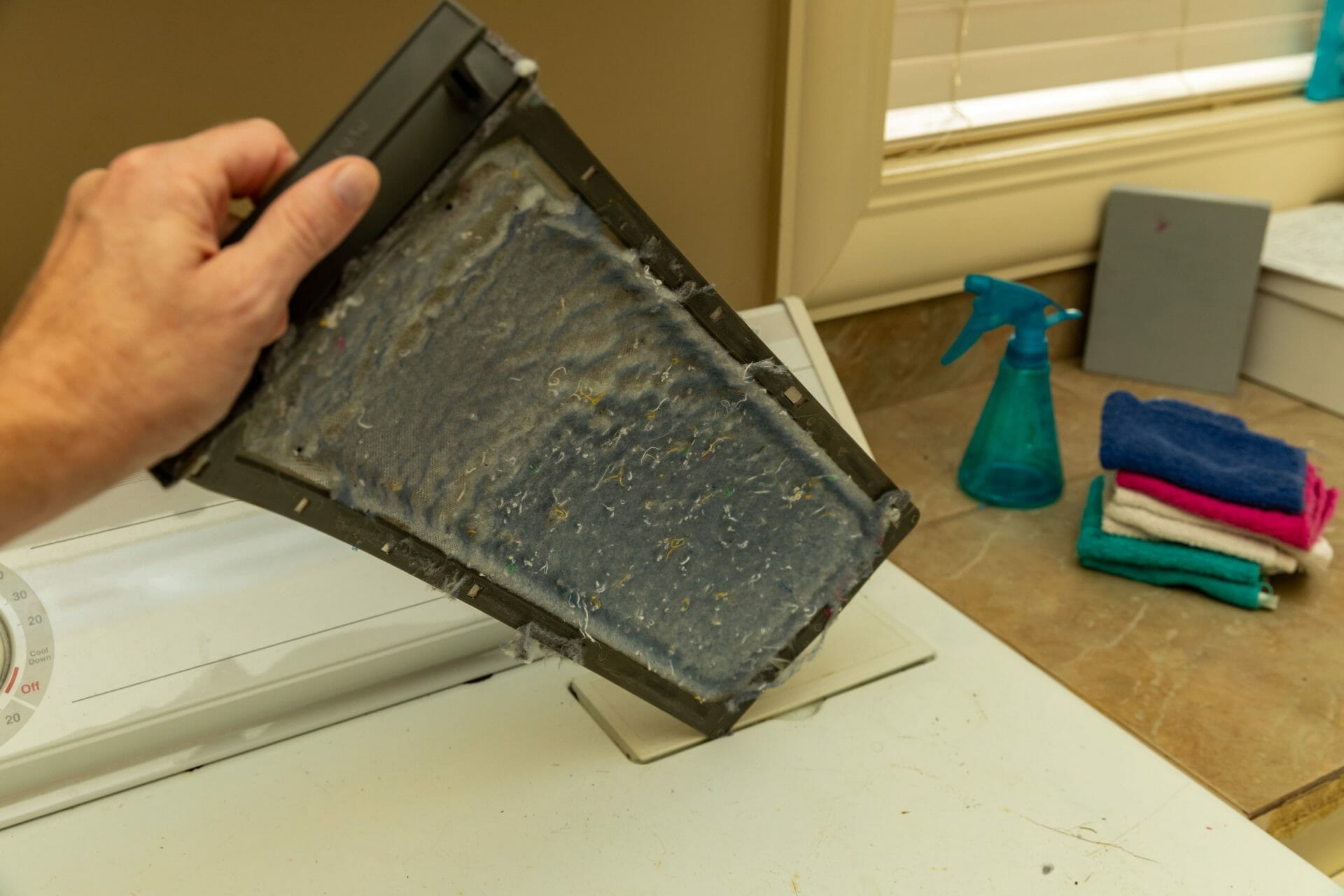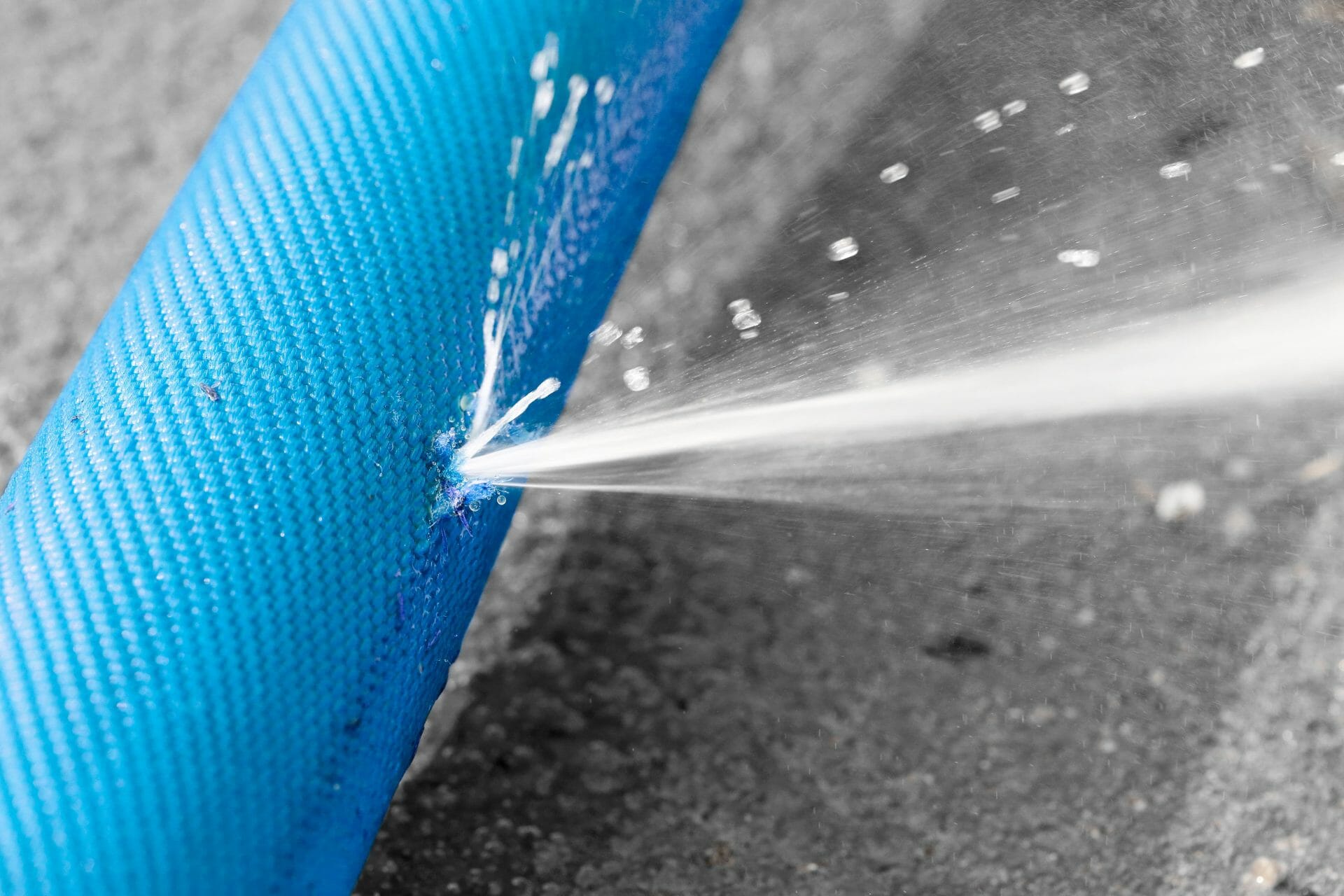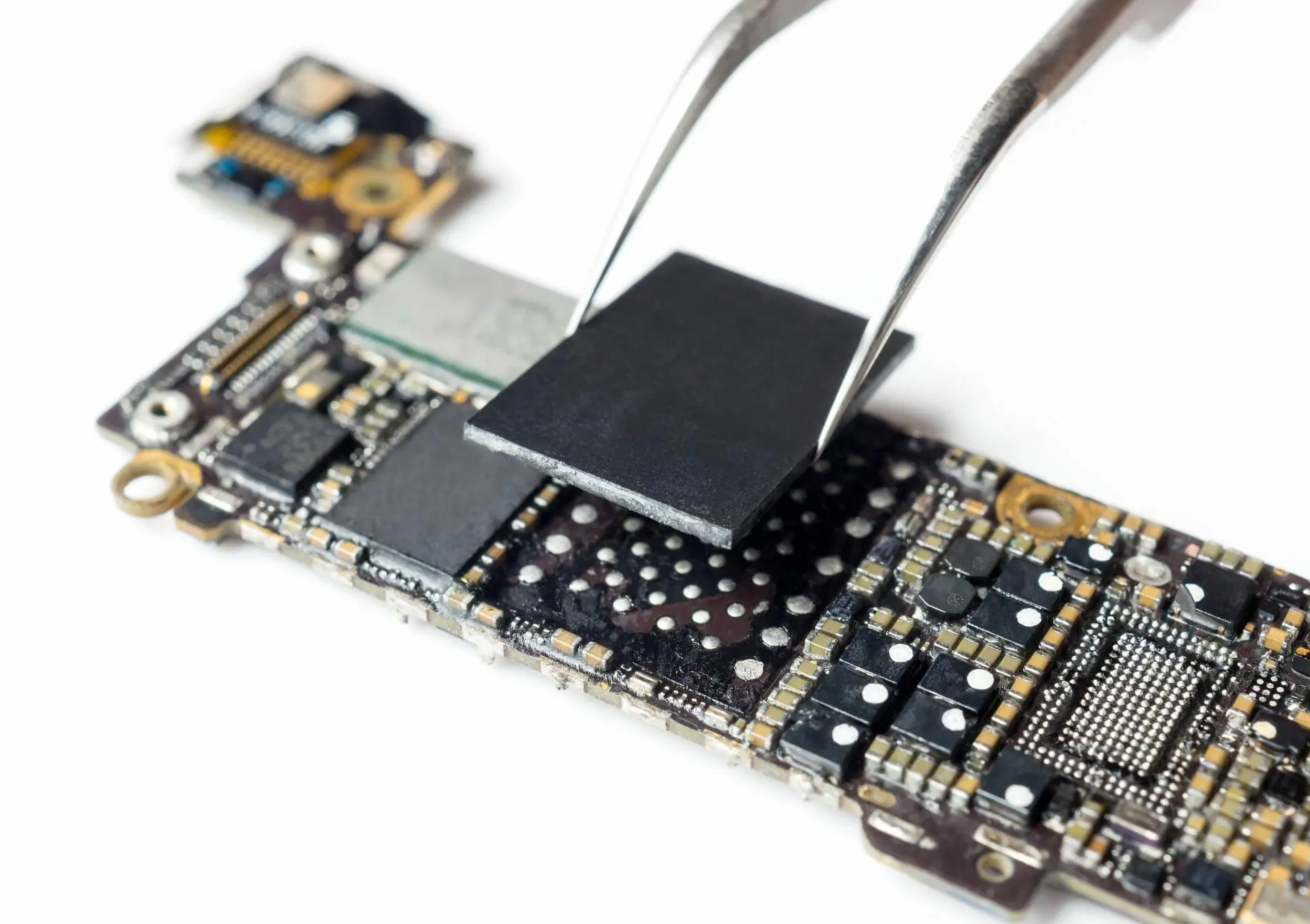- According to the National Fire Protection Association, dryers, as well as washing machines, create an average of 15,970 fires annually (Source)
- Dryers cause 92% of them- and account for $238 million in property damage.
- The most common cause is the failure to clean and maintain the dryers- accounting for 31% of the fires
- Experts recommend proper and regular cleaning of dryers to avoid dryer fires
- Lint accumulation and clogging of ducts prevent the necessary airflow to serve as the primary source of dryer fires
- Always start by carefully going through the user’s manual to have a grasp of how to properly use your dryer
- Remember, prevention is always better than cure and, in this regard, way cheaper
Contents
- How Common are Dryer Fires and How Can They be Prevented?
- The Main Causes of Clothes Dryer Fires
- Lint accumulation
- Damaged hoses
- Faulty electronic components
- Failure to follow recommended guidelines
- Pets and Animals
- How to Prevent Dryer Fires
- FAQs
- Is it normal for a dryer to get hot on the outside?
- Will a dryer shut off if it gets too hot?
- What should I do if my clothes catch on fire in the dryer?
- What should I do if I see smoke coming from my dryer?
- Why does my dryer smell like its burning?
- How long does a dryer heating element stay on?
How Common are Dryer Fires and How Can They be Prevented?
Just how common are dryer fires? Well, there’s no definitive answer to this question. You see, laundry is part of our day-to-day hassle and with this, you can be sure that dryer fires do happen every day.
In the U.S alone, 15,000 home fires were caused by dryers last year. The long and short of it is, they do occur on a regular meaning it would be in your best interest to work at preventing such an occurrence in the long term. So, how exactly do dryer fires occur?
The Main Causes of Clothes Dryer Fires
Lint accumulation

As stated above, dryer fires are indeed common and this can be primarily attributed to a lack of proper cleaning. You see, lint – the accumulation of textile fibers – tends to slowly build up in the machine’s filter.
As you may have guessed already, lint is highly flammable, and should it come into contact with the heating element or exhaust duct, well, it is likely to cause a fire.
Damaged hoses

Most homeowners prefer placing their dryers against the wall and while this is necessary to create space, it is advisable not to push your machine into contact with the wall. If you do so, you are bound to damage one of the hoses which can be extremely dangerous.
The essence of the dryer is to move air so that your clothes can dry. If the airflow is prohibited in any way possible, the result is a huge blowback of lint and likely, a fire spark. In a nutshell, always avoid damaging your machine’s hoses by enhancing maximum airflow.
Faulty electronic components

As is the case with all electrical gadgets and appliances, your dryer will eventually give in if not properly maintained. Damaged electrical components, hoses, and wires are a breeding ground for dryer fires.
To avoid this, it would therefore be in your best interest to always ensure that your dryer is regularly checked and repaired when necessary – prevention is not only better than cure but also cheaper in this regard.
Failure to follow recommended guidelines
every appliance and electrical gadget come with a manual that consists of recommended guidelines on how to properly use it. In the case of dryers, improper use such as over-stuffing can lead to damage or worst-case scenario, fire.
If you are looking to invest in a dryer or haven’t used one before, it is of paramount importance to always begin by going through the user’s manual to have a grasp of how to properly use the appliance.
In most cases, you’ll find that there are specific clothing items that shouldn’t be placed in the appliance and you probably didn’t know this just because you didn’t go through the manual. For example, hardened materials such as rubber, foam, and plastic should never find their way into a dryer.
In short, placing your rubber-fitted bathmat can likely end up being the fire hazard you never expected.
Pets and Animals
Pets aside, animals such as rats and moles are always happy to crush as uninvited house guests looking for warmer shelter. The thing is, these uninvited guests have no courtesy and will quickly damage your appliance at any chance.
Expect to find a nest right in the middle of your duct, leading to clogged airways or damaged hose pipes – potential fire hazards whichever way you choose to look at it.
If you notice any trace of such animals in your basement or home, ensure that you quickly book an animal control service to get rid of the unwanted guests and in the long run, enhance the safety of your home.
With the above in mind, it is easy to answer the question of how common are dryer fires? That said, how can you prevent such occurrences from happening in the future? Well, let’s have a look.
How to Prevent Dryer Fires
As you may have learned from the above, there are several causes of dryer fires meaning it is of paramount importance to always stay in touch with updated prevention methods just to be on the safe side.
While most home appliances aren’t necessarily dangerous, preventing dyer fires or any form of fire for that matter is always in any home owner’s best interest. Here are some prevention tips.
Proper cleaning of the lint screen – with lint accumulation serving as the primary cause of dryer fires, it isn’t hard to see why this is the paramount prevention solution. As earlier mentioned, dryers primarily depend on apt airflow to perform their purpose.
If the duct is clogged in any way, the heat begins to build especially around the lint filter. The only way to prevent this is by properly and regularly cleaning the lint filter after every cycle if necessary. You might be shocked by just how much lint is accumulated with every drying cycle.
Regular maintenance and repair routine – as is the case with all home appliances, routine maintenance is always of paramount importance due to the wear and tear of all working machinery.
Dryers are certainly no exception. Regardless of whether you own a gas or electrical dryer, always ensure to have a dryer maintenance service on speed dial just in case the need arises. This can go a long way in preventing dryer fires, besides enhancing the longevity of your appliance overall.
Proper use of your dryer – always avoid over-stuffing your dryer to avoid ruining or damaging components. In addition to this, ensure you place the right items in your dryer as recommended in the user’s manual.
Remember, rubber, foam, and plastic are just some of the items you should never place in your appliance. Also, check out how and why fireplaces can explode!
FAQs
Is it normal for a dryer to get hot on the outside?
It is normal for a clothes dryer to feel warm during the drying cycle. The exterior of the dryer may also feel warm to the touch, and this is perfectly normal.
A clothes dryer produces heat to remove moisture from your clothing, and some of that heat is transferred to the outside of the dryer.
Will a dryer shut off if it gets too hot?
Most dryers have a thermal fuse that will shut off the dryer if it gets too hot. However, the fuse can blow and not work properly. If you have had a dryer fire, or think your thermal fuse may be blown, you should replace it.
What should I do if my clothes catch on fire in the dryer?
If your clothes catch on fire in the dryer, you should:
- Turn off the dryer
- Cover the burning clothing with a heavy blanket or quilt
- Use a fire extinguisher to put out the fire, if it is small and you can do so safely
- Call the fire department, if the fire is large or you cannot put it out safely.
What should I do if I see smoke coming from my dryer?
If you see smoke coming from your dryer, you should:
- Turn off the dryer
- Unplug the dryer
- Evacuate the house
- Call the fire department.
Why does my dryer smell like its burning?
If your dryer smells like it’s burning, it could be due to a problem with the electrical wiring. Faulty wiring can create a fire hazard, and should be fixed by a qualified electrician.
Another possible cause of a burning smell is lint buildup in the dryer or exhaust duct. When lint accumulates in the dryer or duct, it can create a fire hazard. The lint can act as fuel for the fire, and the heat from the dryer can cause the lint to ignite.
If you notice a burning smell coming from your dryer, be sure to unplug the dryer and have it inspected by a qualified repair person.
How long does a dryer heating element stay on?
The heating element in a dryer stays on as long as the dryer is turned on. The element will cycle on and off to maintain the desired temperature, but it will stay on for the duration of the drying cycle.
If you notice that your dryer is not getting hot enough, or if it is taking too long to dry your clothes, the heating element may be damaged and will need to be replaced.
A qualified repair person can inspect your dryer and replace the heating element if necessary.
Dryer fires are a serious hazard, but they can be prevented. By taking some simple precautions, you can protect your home and family from the danger of a dryer fire.
- https://www.greenbuildermedia.com/blog/why-are-clothes-dryer-lint-fires-on-the-rise-in-new-homes
- https://laundry-alternative.com/blogs/blog/how-to-prevent-clothes-dryer-fires
- https://www.germaniainsurance.com/blogs/post/germania-insurance-blog/2020/07/17/the-most-common-causes-of-dryer-fires-and-how-you-can-prevent-them#:~:text=The%20facts%20and%20stats%20about,dryers%20causing%2092%25%20of%20them.
- https://www.servicemasterbyzaba.com/blog/how-to-put-out-a-dryer-fire/
- https://dryerbox.com/what-causes-dryer-fires/?gdprdisagree=0
